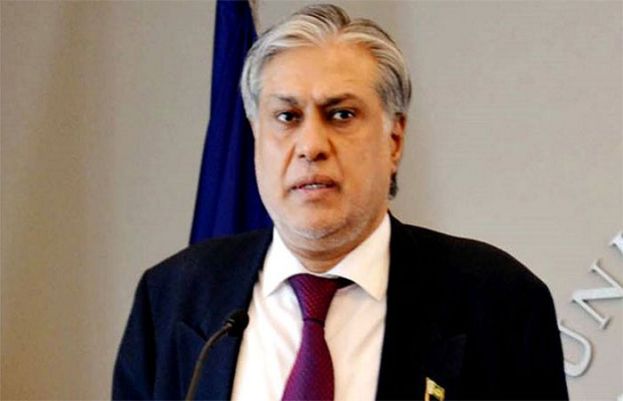In a significant move to bolster Pakistan’s economic situation, Saudi Arabia has deposited $2 billion in the State Bank of Pakistan’s (SBP) account, announced Finance Wizard Ishaq Dar on Tuesday. This development comes on the heels of the recently secured $3 billion stand-by arrangement with the International Monetary Fund (IMF), marking yet another sigh of relief for Pakistan’s financial stability. The announcement was made during a televised address, where Dar expressed gratitude on behalf of Prime Minister Shehbaz Sharif and Chief of Army Staff (COAS) Asim Munir to Saudi Arabia for their unwavering support during this challenging economic period. During his address, the minister also expressed optimism for the future, stating that more positive developments are expected in the coming days. He emphasised that Pakistan’s economic situation is gradually stabilizing, and this infusion of funds from Saudi Arabia will further improve the country’s financial prospects. “This inflow has increased the forex reserves held by SBP and will accordingly be reflected in the forex reserves for the week ending 14July2023,” added Dar. Fitch improves Pakistan’s rating On Monday, the Fitch credit rating agency – after almost a year – upgraded Pakistan’s Long Term Foreign Currency rating to CCC from IDR (Issuer Default Rating). According to Fitch ratings, the upgrade reflects Pakistan’s improved external liquidity and funding conditions following its Staff-Level Agreement (SLA) with the IMF on a nine-month Stand-by Arrangement (SBA) in June. “We expect the SLA to be approved by the IMF board in July, catalysing other funding and anchoring policies around parliamentary elections due by October. Nevertheless, programme implementation and external funding risks remain due to a volatile political climate and large external financing requirement,” the statement reads. Pakistan has recently taken measures to address shortfalls in government revenue collection, energy subsidies and policies inconsistent with a market-determined exchange rate, including import financing restrictions. These issues held up the last three reviews of Pakistan’s previous IMF programme, before its expiry in June. Most recently, the government amended its proposed budget for the fiscal year ending June 2024 (FY24) to introduce new revenue measures and cut spending, following additional tax measures and subsidy reforms in February. The authorities appeared to abandon exchange-rate management in January 2023, although guidelines on prioritising imports were only removed in June
Saudi Arabia deposited $2 billion in State Bank of Pakistan: Ishaq Dar

